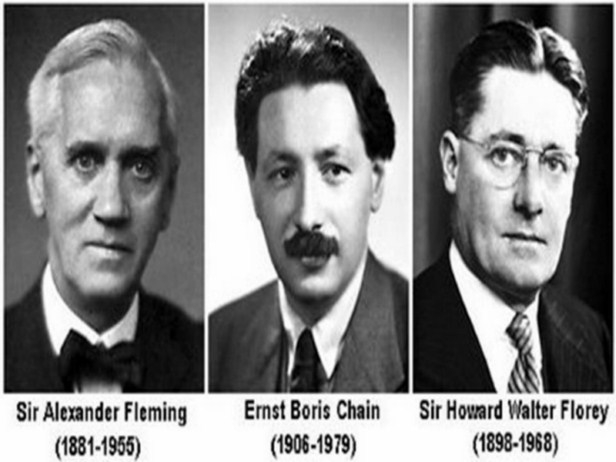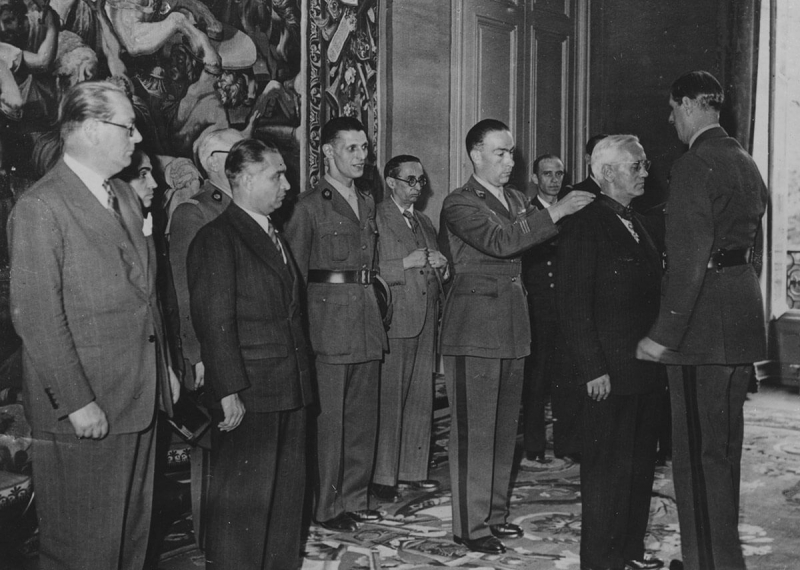He Shared The Nobel Prize In Medicine With Other Two Scientists
A team of scientists in Oxford were able to develop penicillin and produce it in large quantities after Fleming gave up on his work. Edward Abraham and Ernst Boris Chain were doing research on the antibiotic's molecular makeup in Oxford. Abraham was the first to suggest that penicillin should have the proper structure.
Fleming was humble about his role in the discovery of penicillin; he called his renown the “Fleming Myth,” and he commended Florey and Chain for turning the experimental substance into a useful medication. Fleming had the honor of naming penicillin because he was the first to identify the qualities of the active ingredient. Additionally, he preserved, propagated, and dispersed the original mold for a period of twelve years. He also persisted in his efforts to find any scientist with the necessary expertise to produce penicillin until 1940. However, Sir Henry Harris stated in 1998 that “without Fleming, without Chain, without Florey, without Heatley, and without penicillin” Modern antibiotics were created with the discovery of penicillin and the subsequent development of the medicine as a prescription medication.
In 1945, Howard Florey, Alexander Fleming, and Ernst Boris Chain were awarded the Nobel Prize. More scientists, including Edward Abraham and Norman Heatley, were part of the study. Only three people can share an award, according to the Nobel Committee's guidelines.









